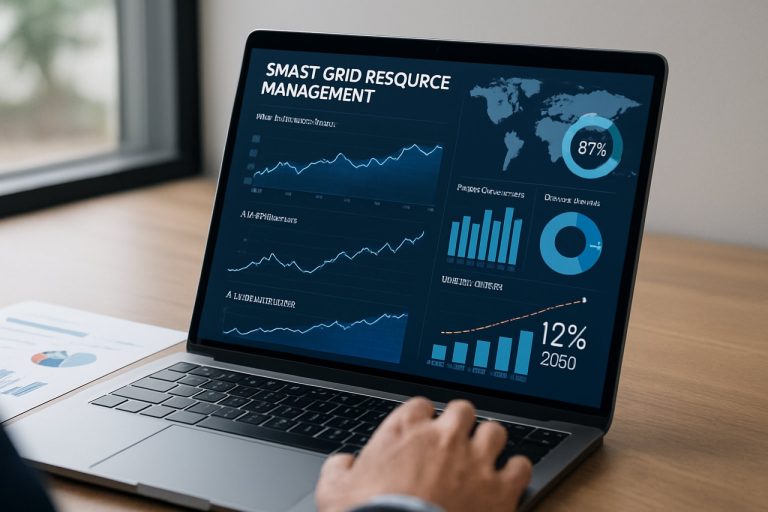
In recent discussions among political analysts, there is a growing concern about the diminishing power of nation-states. Experts suggest that instead of merely focusing on their decline, we need to explore the underlying causes and implications of this shift.
The traditional structure of nation-states is being challenged by various factors. Globalization is reshaping how countries interact and diminishing their sovereignty. This transition is fueled by the rise of multinational corporations and international organizations, which often wield power that surpasses that of individual governments. Such dynamics raise questions about the future of governance.
Moreover, as technology advances, the influence of digital platforms in shaping opinions and behaviors can override national boundaries. The ease of sharing information and mobilizing people globally enables movements that can bypass government control. Social media plays a significant role in this transformation, allowing grassroots movements to flourish without reliance on nation-state structures.
In this changing landscape, it’s essential to consider how nations will adapt to maintain their relevance. Will they embrace collaboration, focusing on global challenges like climate change, or will they retreat into isolationism? As we ponder these changes, we are left to wonder: what will the future of governance look like in a world where the power of states continues to wane? The answers remain uncertain, but the conversation surrounding this evolution is just beginning.
The Rise of Non-State Actors: Rethinking Governance in a Globalized World
The Diminishing Power of Nation-States: A Closer Look
Political analysts are increasingly concerned about the diminishing power of nation-states, a trend driven by globalization, technological advancement, and the rise of non-state actors. Understanding the implications of these changes is crucial as we navigate the evolving landscape of global governance.
Factors Influencing the Shift
1. Globalization:
– The interconnectedness of economies and cultures has led to the weakening of traditional state sovereignty. Countries are becoming more reliant on international trade, treaties, and cooperation, which can sometimes undermine their autonomous decision-making.
2. Rise of Multinational Corporations:
– Corporations like Google, Apple, and Amazon often possess financial and political influence that rivals or exceeds that of governments. Their ability to operate across borders allows them to shape policies that further their interests, sometimes at odds with national priorities.
3. Digital Influence:
– The digital revolution has created platforms through which information and mobilization happen at incredible speeds. Social media and online activism empower citizens to challenge governmental boundaries, leading to powerful grassroots movements that can influence or disrupt state authority.
Pros and Cons of the Diminishing Nation-State Power
Pros:
– Increased Global Collaboration: There is potential for greater international cooperation to tackle existential challenges like climate change, pandemics, and international security.
– Empowerment of Citizens: Individuals may find their voices amplified globally, leading to a more engaged and active citizenry.
Cons:
– Erosion of Sovereignty: As decision-making powers shift away from national governments, the ability to address local issues may diminish.
– Fragmentation of Governance: The rise of non-state actors can lead to competing authorities and fragmented policies, complicating governance.
Use Cases of Non-State Influence
– Climate Activism: Organizations such as Greenpeace and global youth movements like Fridays for Future illustrate how non-state actors can effectively mobilize public opinion and pressure governments.
– Digital Platforms in Politics: Platforms like Twitter and Facebook have changed the nature of political discourse, allowing for the rapid dissemination of ideas and organization of movements.
Limitations of Current Governance Models
Despite these evolutions, nation-states still play crucial roles in governance, law enforcement, and national security. However, their capacity to function effectively in the face of non-state influences is under scrutiny.
Predictions for the Future of Governance
Experts predict that the future of governance will require a hybrid approach, blending traditional nation-state influence with the realities of globalization and digital engagement. Possible future scenarios include:
– Collaborative Governance: Nations may need to function more as collaborative partners, sharing resources and strategies to address shared challenges.
– New Governance Models: Increased reliance on technology may lead to innovative governance models that prioritize transparency, accountability, and citizen engagement.
Conclusion
As we move forward, the challenge will be to balance the power dynamics between nation-states and non-state actors while ensuring that sovereignty is respected and that citizen voices are heard.
For further insights into global political trends and their implications, visit Foreign Affairs for a range of expert analyses and discussions on this evolving subject.






